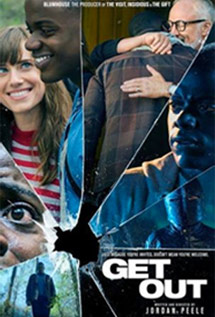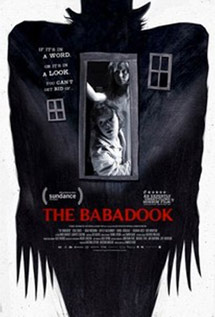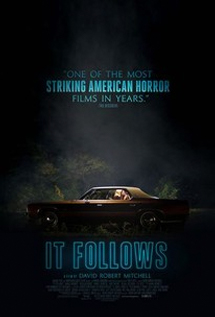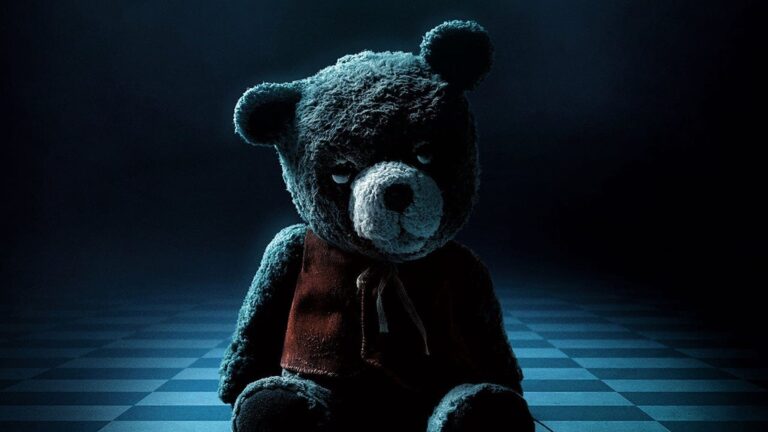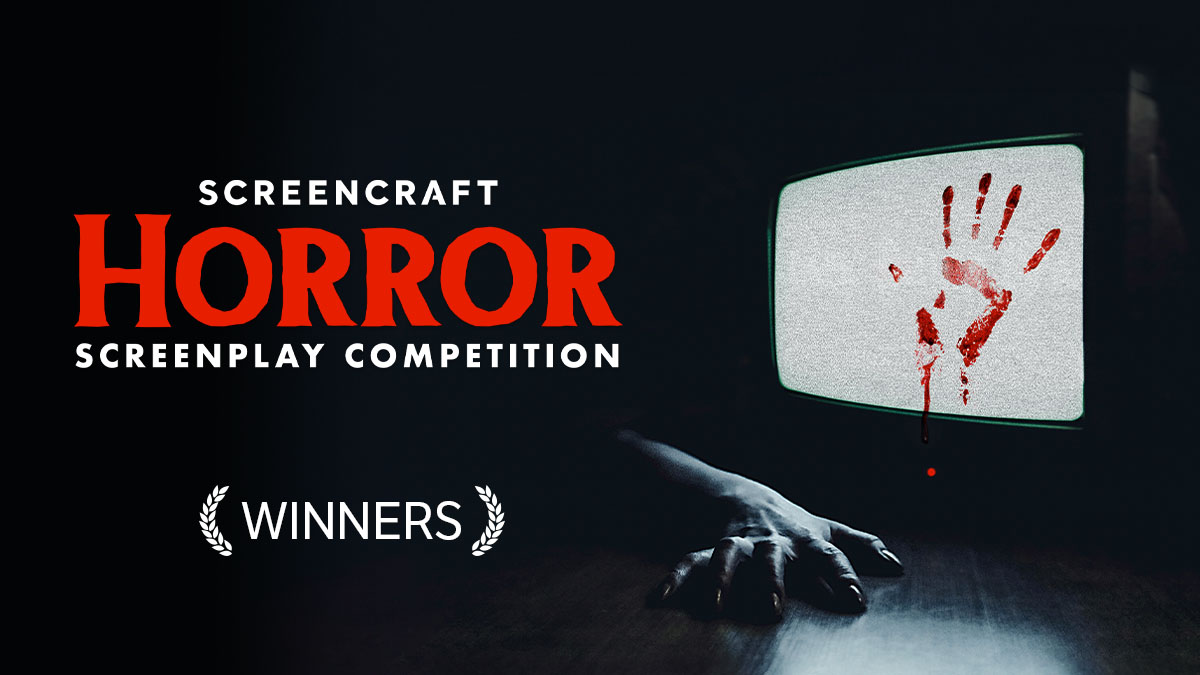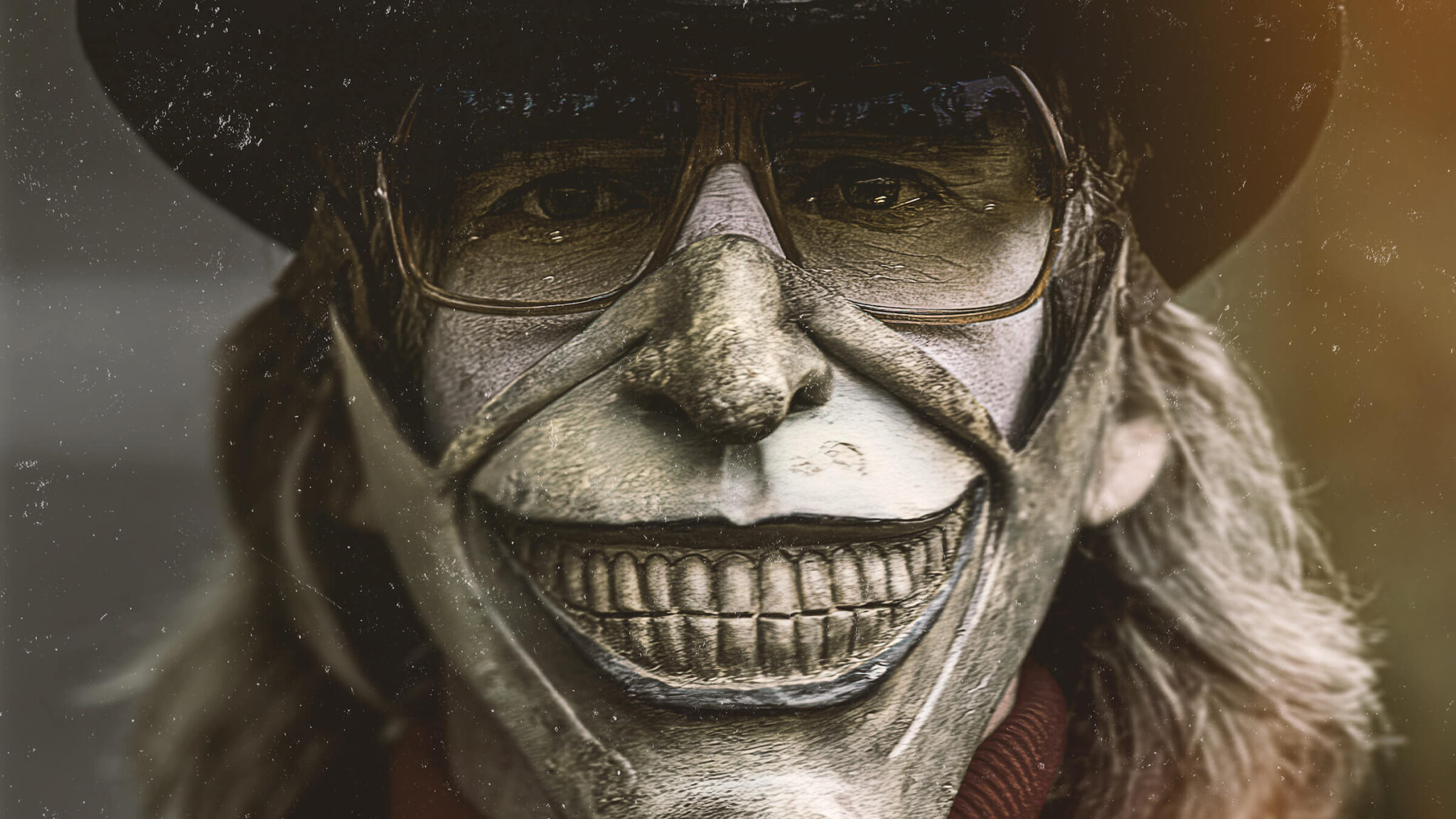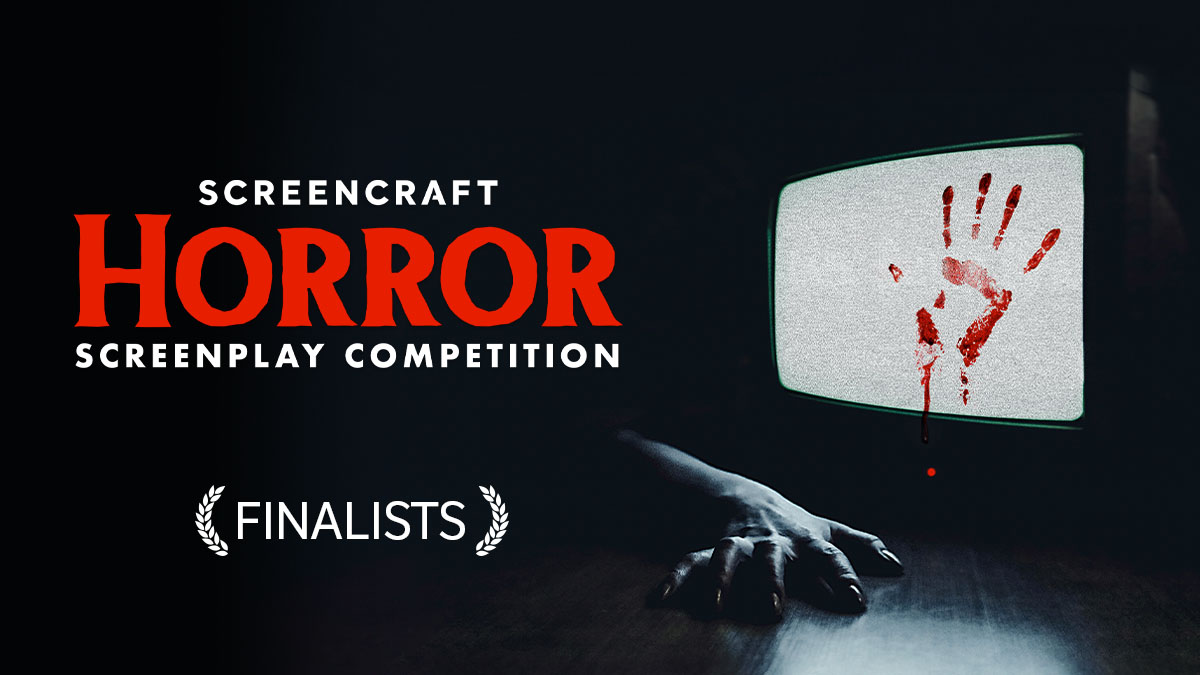How I Learned to Stop Worrying and Love Horror Movies
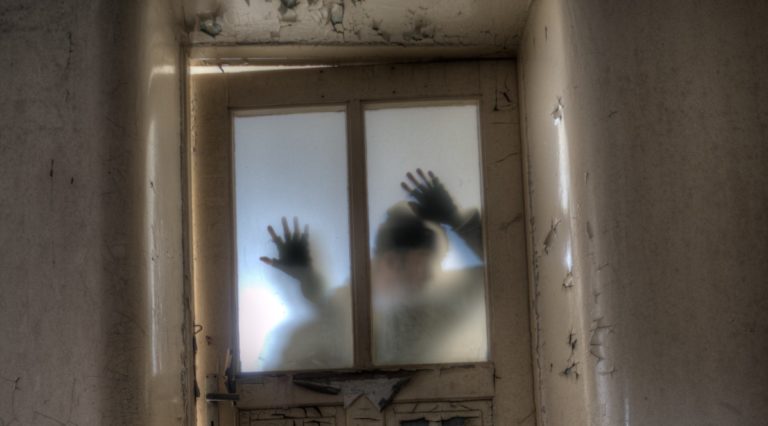
Why would you like horror that much? Enough to try to make it your career? Why would you want to watch things that are scary, or gory, or painful? Do you enjoy watching torture porn? I guess it’s positive if you’re getting it out through writing?
I’ve loved horror films ever since I went on a middle school spelunking trip shortly after a much older sibling showed me The Descent. I’ve loved horror books ever since I stumbled upon a copy of House of Leaves that same year. But I think the concerned comments from family, friends, and random acquaintances only came when I decided to go to college specifically to write horror films.
As an insecure youth, questions like these made me wonder: am I secretly a psychopath? My defense, and it’s a common defense, was that no, I don’t like horror for the sake of horror, or excessive violence, but I like horror that actually means something. Horror that’s actually good, in the way that a drama is so easily considered good. Could I have expanded on this thought at the time? Probably, but once I got to film school I found some like-minded nerds, so I didn’t.
Then I watched The Babadook, and I was struck by how much I loved it. The monster, which we see sparingly, (another choice or financial necessity that makes many superior horror films) is a metaphor for grief and depression. It’s something astute viewers might realize upon an initial viewing, but for many, myself included, it doesn’t become obvious until the film’s ending, when we realize that the protagonists will never be able to get rid of the monster. They can tuck it away out-of-sight, but every once in a while they have to go feed it. I rushed to watch the movie again, and was awed by how obvious it now was, how every element of the script holds this deep, tragic meaning, without ever unnecessarily dumbing it down. How cool. A haunted house monster movie that’ll also make you cry for its tragic mother and child.
Around that same time I watched It Follows, and I was in love for many of the same reasons. The meaning of the horror in It Follows is similarly left to interpretation and sparingly shown. Whatever you think it is, it’s clear that the monster, if you can even call it that, is an allegory for something, whether that’s STDs, or maybe the fear and prejudice that surrounds them, or just the fear of growing up, the fear of death.
After seeing these two films freshman year, I realized why I liked horror so much--it can be used as a tool to visually show states of mind that might be hard to put into words or otherwise express. And when you scare someone you can expose raw emotion, just like if you can get them to laugh in a comedy, and then when they’re vulnerable you can strike. Sneak in your meaning, get them to empathize with your characters in an instinctual way.
With the arrival of Get Out, we got to see a film that seemed to do this at another level. Bursting with messages delivered in a smart, cutting package, Get Out is pretty much the most exciting way that someone has used the genre as a message vessel, let’s call it, in a long time. And obviously there are many older, or more low-budget, or foreign films that do this too, but, in my opinion, Get Out was really a turning point in terms of how much potential modern audiences could see for great films within the genre--films that are considered great in a way that transcends genre.
But, even having said all that, I actually don’t think that a horror film has to have a social justice agenda, or even any kind of deeper meaning, to necessarily be good. And something doesn’t even have to be good to shamelessly enjoy it. As someone trying to make my own films, I realized that the niche that my writing tends to fall into is psychological body horror, and horror that takes place within a domestic setting. What does that say about me personally? I guess I don’t really care anymore. Look how many people liked Get Out. We can’t all be psychopaths, right? Right?
Want to read some chillingly great horror scripts? Scroll to the bottom of our Horror Screenplay Competition page here for links to free downloads of some excellent screenplays, including the films pictured below.
Zoe Vitale is a writer, director, and visual artist living in Los Angeles. Zoe currently works in production by day and on her own scripts at a snail's pace by night. Most recently she was a production coordinator on The Walking Dead. Her screenplay Tender was a finalist in the 2019 ScreenCraft Horror Screenplay Competition. Zoe recently signed with a literary manager at Affirmative Entertainment after the ScreenCraft team introduced them.
For all the latest ScreenCraft news and updates, follow us on Twitter, Facebook, and Instagram.
Tags
Get Our Screenwriting Newsletter!
Get weekly writing inspiration delivered to your inbox - including industry news, popular articles, and more!

